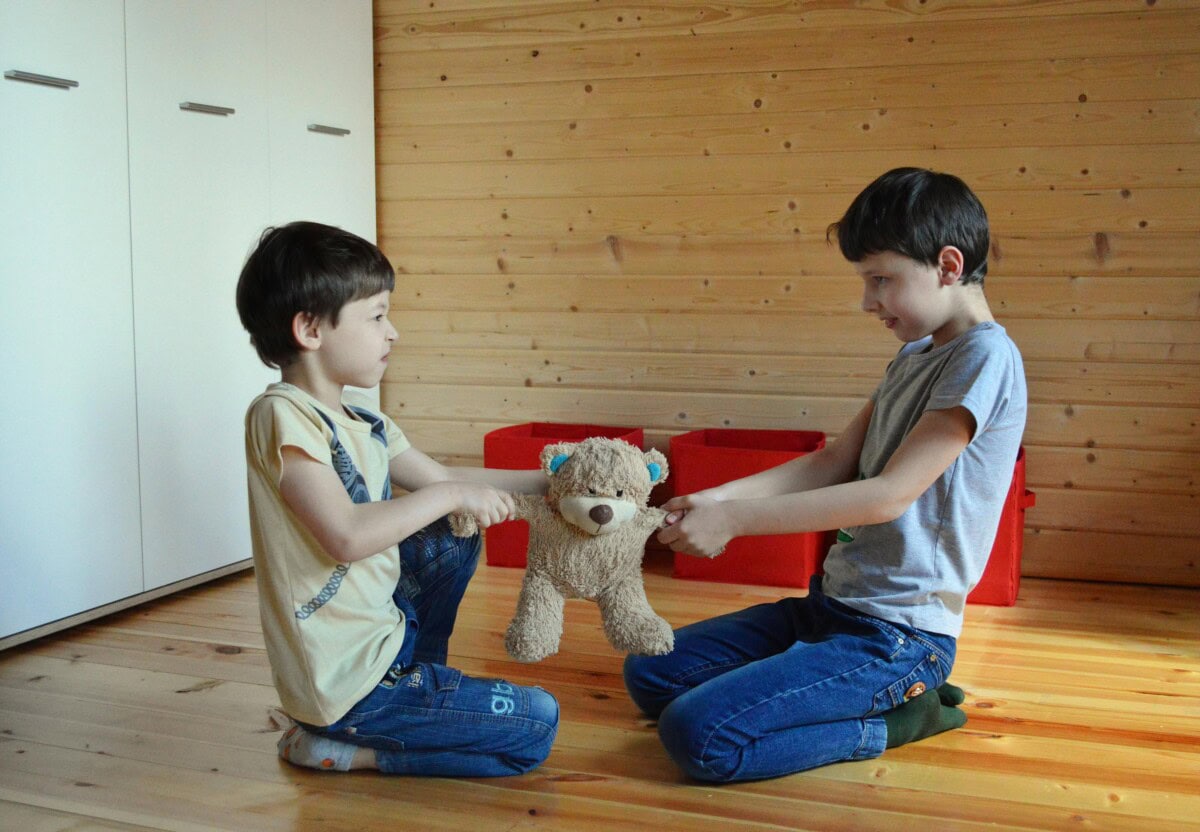
"That familiar sound of escalating voices fills the house again. One second the siblings were playing peacefully, and the next moment, World War III has erupted in the living room. Sound familiar? Sibling rivalry is as old as time, yet dealing with the daily battles between brothers and sisters remains one of parenting's greatest challenges. This comprehensive how to deal with sibling rivalry guide explores practical strategies to reduce sibling conflict, foster meaningful bonds, and transform your home from a battleground to a playground."
"Sibling rivalry refers to the competitive, sometimes hostile relationship between brothers and sisters that often manifests through arguments, jealousy, and competition for resources or parental attention. Rest assured, these conflicts are completely normal for kids and occur in virtually every family with multiple children. Research shows that sibling rivalry often begins shortly after the birth of a second child and can continue throughout childhood. Studies suggest that siblings between ages 3-7 typically engage in some form of conflict approximately 3.5 times per hour!"
Sibling rivalry commonly appears as competition, jealousy, arguments, and struggles for parental attention, and often begins after the birth of a second child. Young siblings between ages three and seven commonly engage in frequent conflicts, providing repeated opportunities to practice negotiation, compromise, and perspective-taking. Regular disagreements can build resilience, emotional intelligence, and conflict-resolution abilities when adults intervene constructively. Practical approaches include reducing triggers, teaching problem-solving skills, modeling calm behavior, and ensuring fair attention and resources. Consistent parental strategies can transform sibling interactions into learning experiences that support stronger bonds and healthier long-term relationships.
Read at Daily Mom magazine
Unable to calculate read time
Collection
[
|
...
]